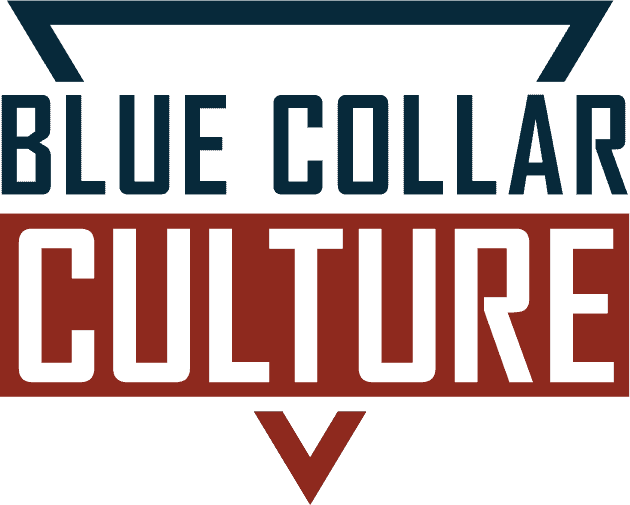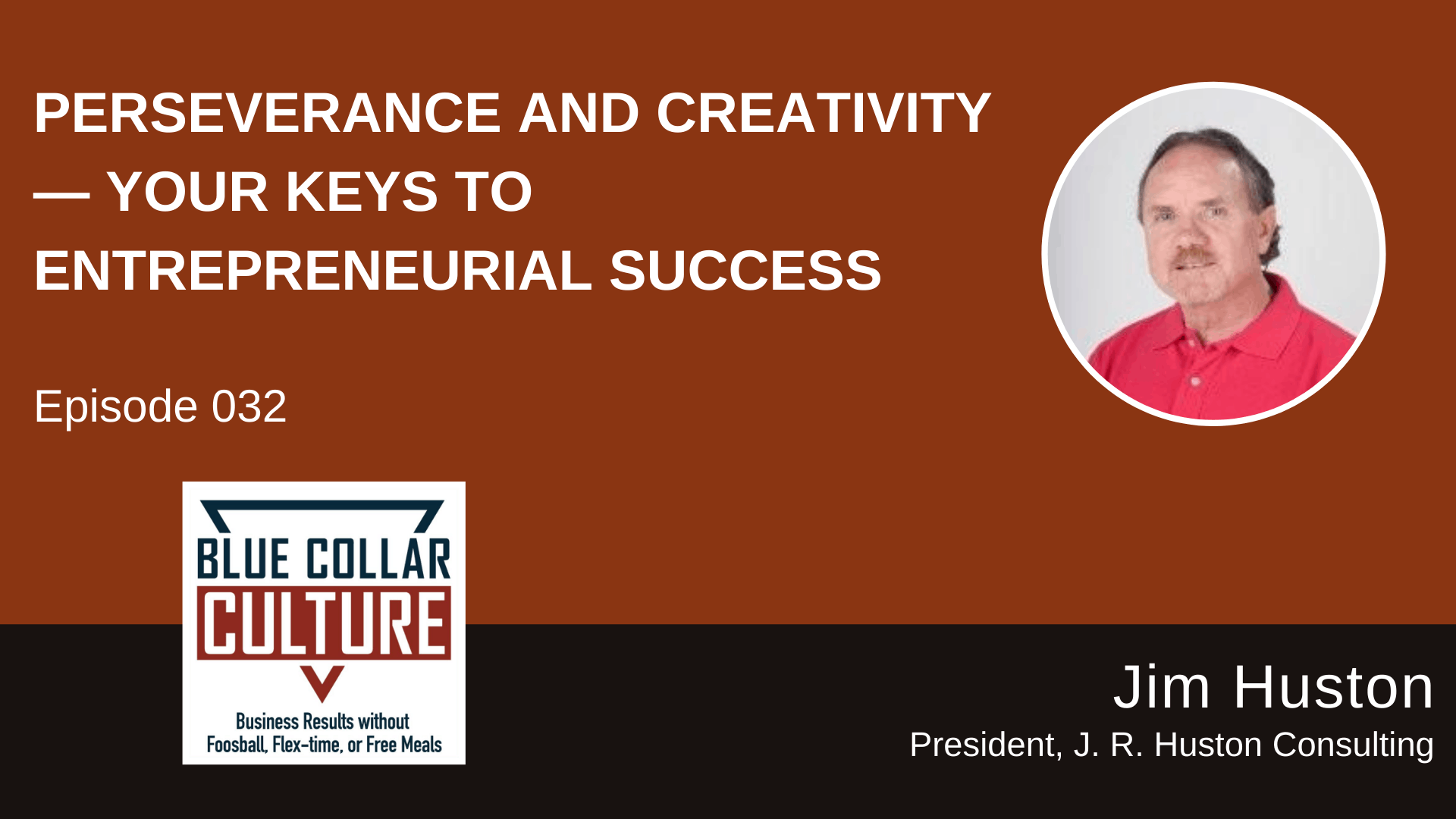On this week’s episode of the Blue Collar Culture Podcast, we speak with special guest Jim Huston. Jim has over four decades of experience in the landscaping industry and has written seven books that deal specifically with landscape irrigation and tree care. He is also a member of the American Society of Professional Estimators and one of only two Certified Professional Landscape Estimators in the world.
“Perseverance is critical. The thing is, I think it’s critical for entrepreneurs to realize the difference between perseverance and stubbornness. And I say that basically, perseverance and stubbornness, but it’s’ really creative stubbornness. Like you’re stubborn, you persevere, but you’re not creative. You have to have both and this is where so many contractors just do not think outside the box. They just keep doing the same old thing over and over again without being creative and breaking the mold,” says Jim.
We chat about the biggest myths around the landscape industry, as well as:
- Determining appropriate hourly rates to ensure an appropriate profit margin
- Jim’s best mistake
- The difference between perseverance and stubbornness
- What often holds a business back
- And more
Listen now…

